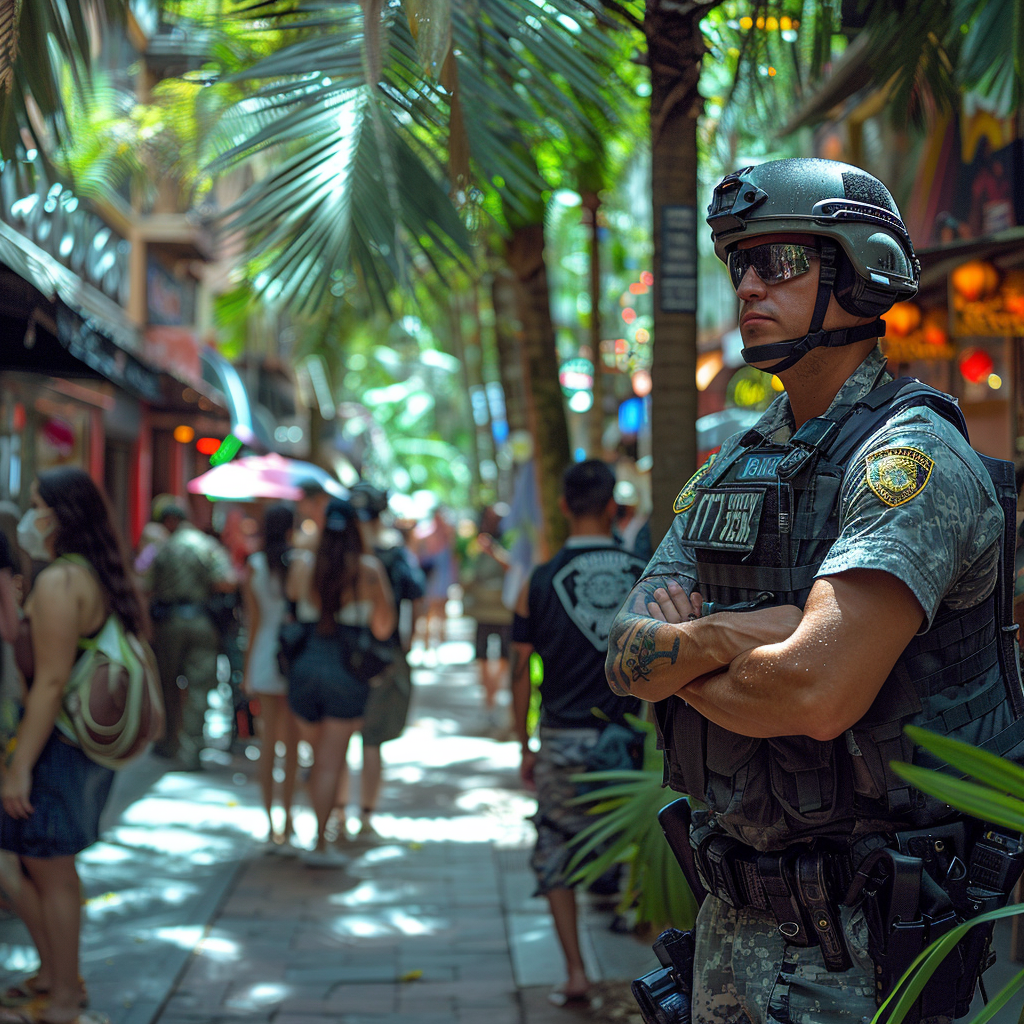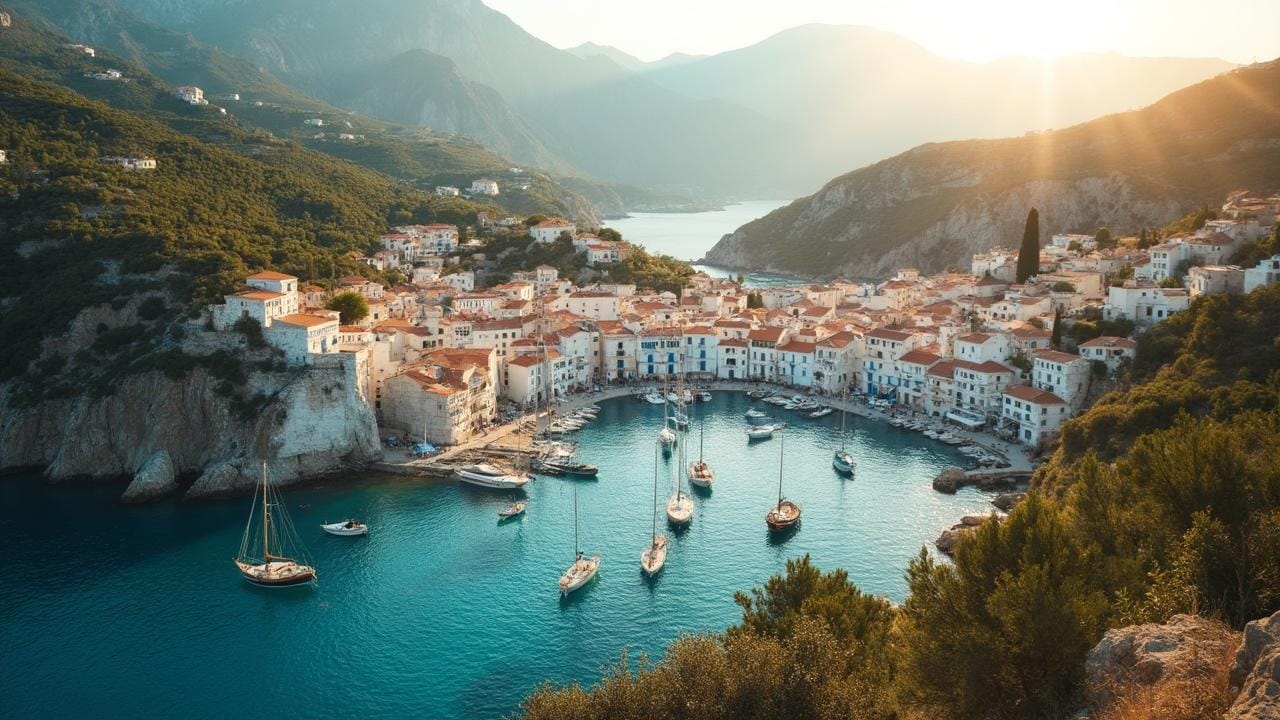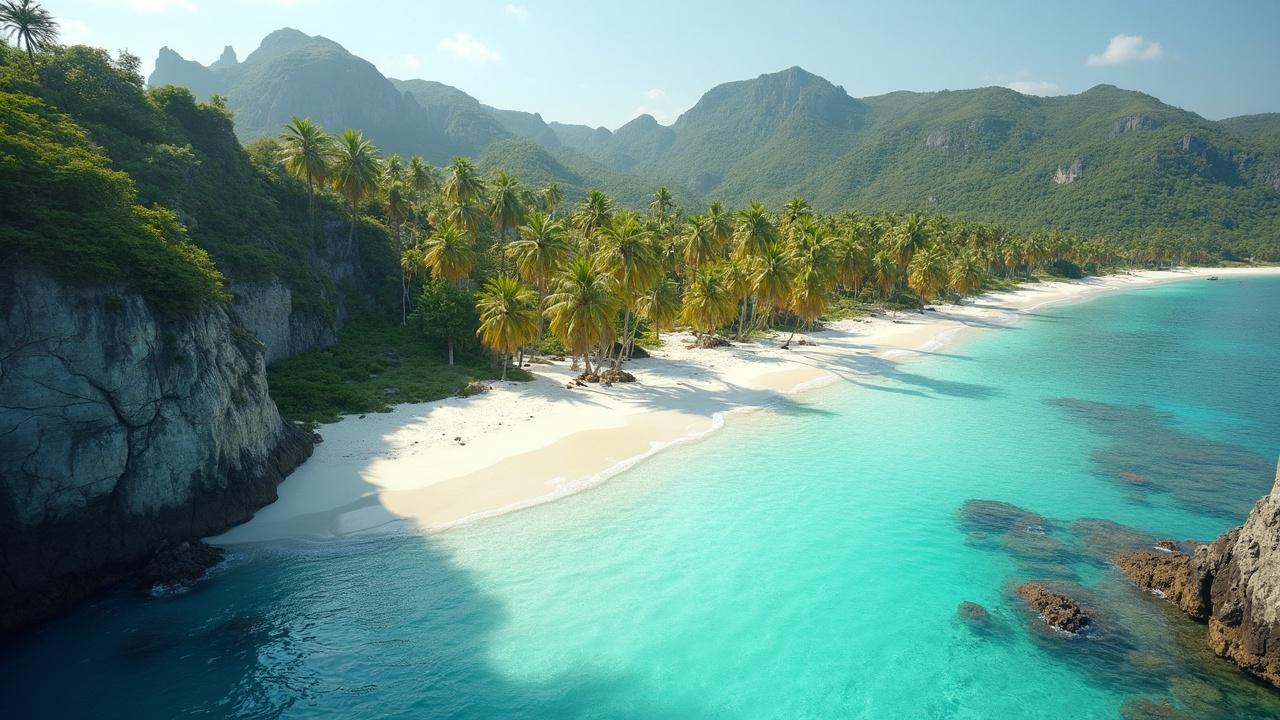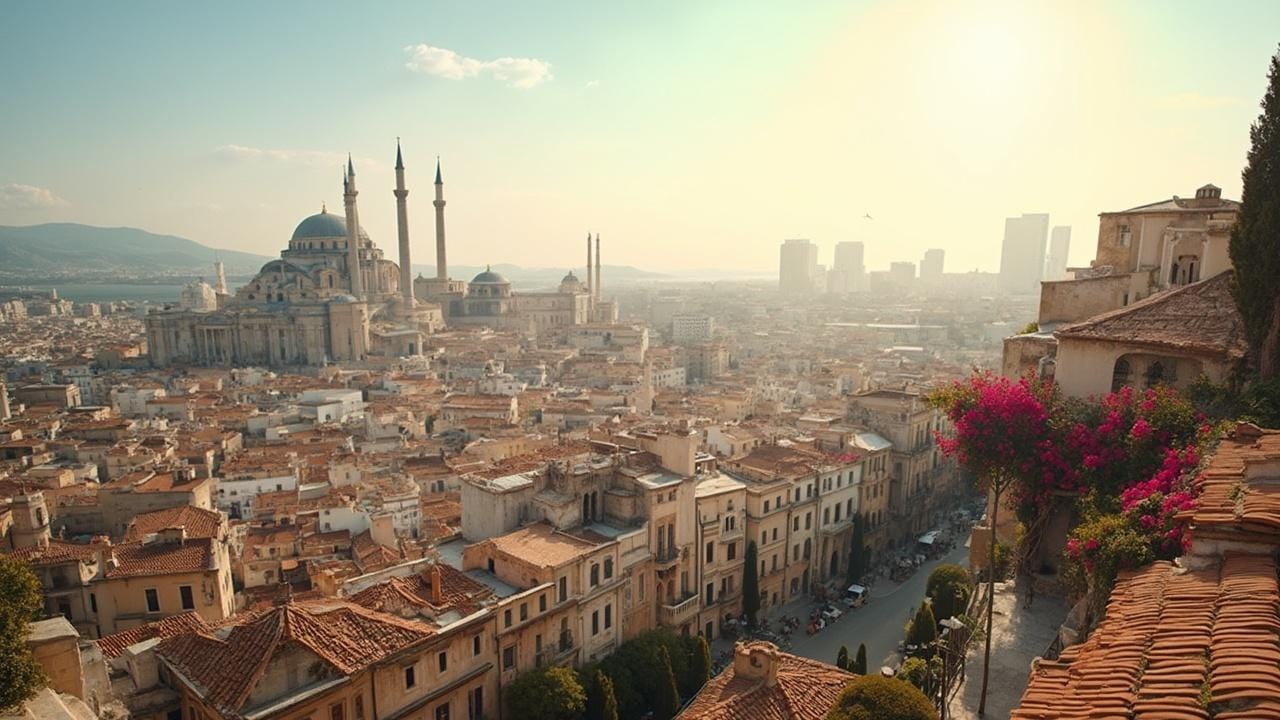Many travelers question, “Is Costa Rica safe?”
As an avid explorer and a digital nomad who’s wandered from the bustling streets of Bangkok to the serene beaches of Costa Rica, safety during travel has always been my priority.
Let me share my insights and experiences to shed light on Costa Rica’s safety for travelers this year.
In this article
Safety in Costa Rica: what travelers need to know
Costa Rica, known for its lush rainforests and diverse wildlife, attracts tourists worldwide. However, safety concerns often arise.
From petty crime to more serious offenses, understanding the landscape of safety in Costa Rica is crucial for planning a worry-free trip.
Crime in Costa Rica primarily centers around petty theft, such as pickpocketing and bag snatching.
However, violent crimes, including armed robbery and assault, though less common, can occur.
My experience has taught me the importance of staying vigilant, especially in crowded places or after dark. Travel advisories recommend exercising increased caution, which I’ve always found sensible.
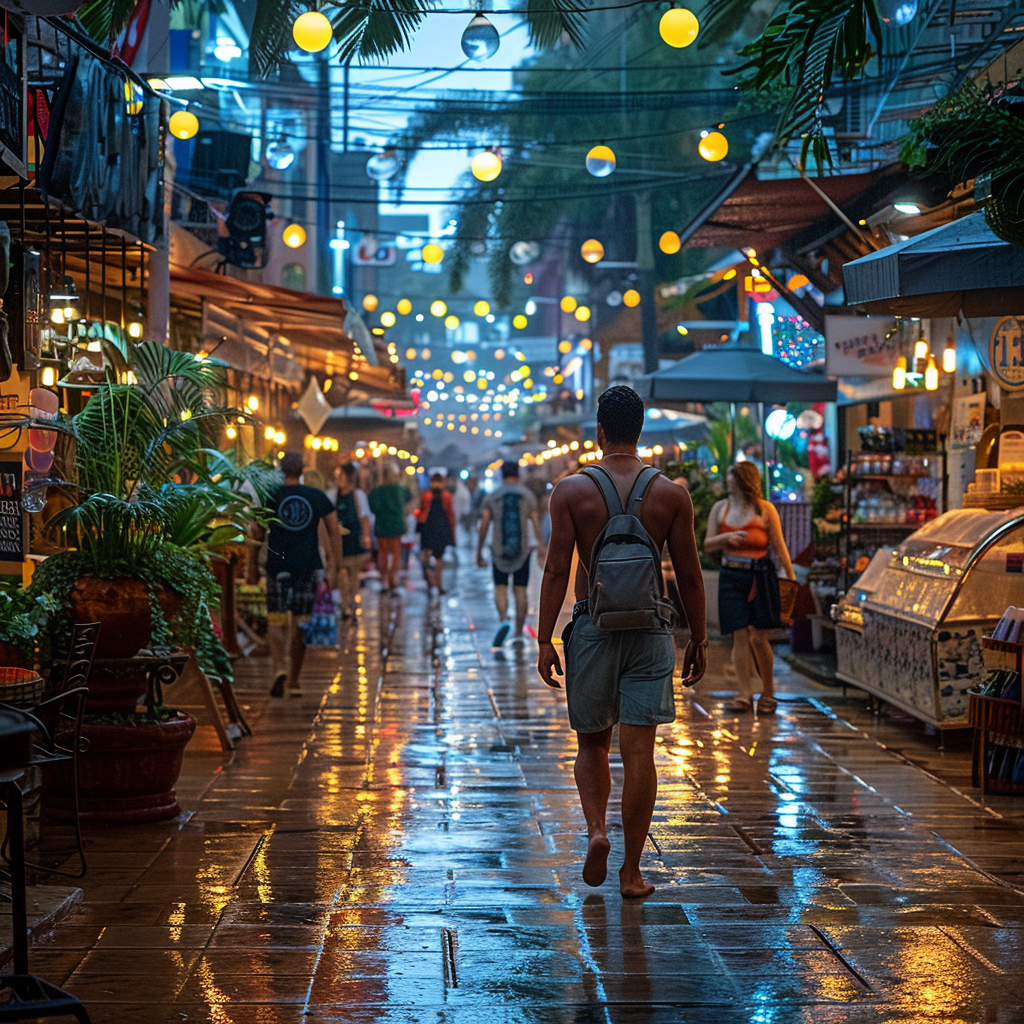
The Costa Rican government has increased security, especially in tourist-heavy areas. Participating in the Smart Traveler Enrollment Program (STEP) is a proactive measure to enhance your safety, ensuring you receive alerts and can be easily located in an emergency.
Personal safety practices are paramount. Avoid displaying signs of wealth, and always be mindful of your surroundings.
My practice of blending in and keeping expensive gadgets out of sight has never steered me wrong.
Health and vaccinations for travelers to Costa Rica
Venturing into the realm of health, Costa Rica presents a tropical climate that requires travelers to be vigilant about their health and vaccinations.
Based on guidance from the CDC and WHO, vaccinations for hepatitis A and B, typhoid, yellow fever, and other common ailments are recommended.
Due to Costa Rica’s climate, tropical diseases are a concern.
Dengue fever and the Zika virus have been prevalent, making mosquito protection necessary.
Whenever I trek through Costa Rica’s stunning landscapes, wearing protective clothing and using insect repellent are non-negotiable for me.
Accessing healthcare in Costa Rica is another aspect travelers often worry about. Rest assured, Costa Rica’s healthcare system is among the top in Latin America.
In an emergency, dialing 911 will connect you to the necessary services, which has eased my mind during my travels.
I can vouch for the recommendation to opt for bottled water, having suffered minor ailments from overlooking this advice during my early travel days.
Navigating Costa Rica: transportation and cultural insights
Exploring Costa Rica offers various transportation options, from public buses to car renting.
An International Driving Permit, while suggested, is your key to unlocking the freedom of the open road.
Costa Rica drives on the right, a familiar system for many, yet the country’s winding and sometimes unpaved roads can surprise unsuspecting drivers.
Costa Rican culture is all about politeness and friendliness.
Engaging with locals respectfully can enrich your travel experience. Remember, loud confrontations are looked down upon.
During my travels, embracing the ‘Pura Vida’ lifestyle, which emphasizes living a peaceful, simple life, has allowed me to connect deeply with the local communities.
Tipping is another cultural aspect to consider. While many restaurants include a service charge, showing appreciation for good service with an additional tip is shared here.
For those keen on capturing the essence of Costa Rican cuisine and culture, check out Vibrant Flavors of Costa Rica’s Cuisine.
Contact information and emergency services in Costa Rica
Knowing how to get help in an emergency is crucial, no matter where you are.
In Costa Rica, contacting the nearest embassy or dialing 911 in emergencies is straightforward. It’s reassuring to know that help is a call away if needed.
The availability of embassy services ensures that travelers can navigate any bureaucratic or safety issues that may arise. For example, the US Embassy in San Jose is a valuable resource for American citizens traveling through Costa Rica.
LGBTQIA+ travelers will find Costa Rica welcoming, with progressive attitudes toward the community. However, being aware of local norms and customs is always wise.
| Important Contacts | Details |
|---|---|
| Local Emergency Number | 911 |
| US Embassy in San Jose | [506] 2519-2000; [email protected] |
| LGBTQIA+ Travel Information | Check local resources for up-to-date information |
As a nomad who’s made the world my home, I believe Costa Rica holds a special place in my heart.
Its vibrant culture, stunning landscapes, and friendly locals make it a top destination for any traveler.
By staying informed and practicing common-sense safety measures, your Costa Rican adventure can be as carefree and enriching as mine.
So, pack your bags, but don’t forget your sense of adventure and caution — Costa Rica awaits with open arms and countless adventures.

